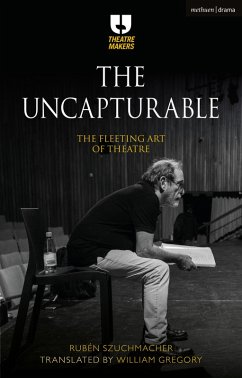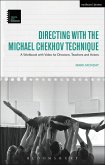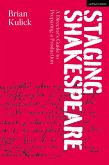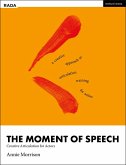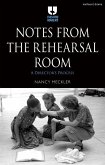The Uncapturable is a wide-ranging reflection on the art of the mise en scène from the perspective of leading Argentinian theatre director Rubén Szuchmacher. It offers a timely and concise, though comprehensive, survey of the role and responsibility of the theatre director from the earliest times to the twenty-first century.
Szuchmacher defines theatre as the confluence of four art forms - architecture, visual art, sound and literature - whose works only truly exist in the moment of encounter with an audience. He argues that, by taking full account of these four art forms, analysing them in detail and engaging thoughtfully with the many specialists who come together to bring a mise en scène into being, the director of today can still create work that innovates and inspires.
The Uncapturable is as valuable to the apprentice director emerging from their training as it is to the veteran in need of fresh reflection. Szuchmacher draws on the unique learnings gleaned from working in Argentina, be it the impact on theatre of politics, the need for inventiveness in times of hardship, the phenomenon of Argentine 'circus theatre' or the adaptation of literary giants such as Borges, affording the Anglophone reader an alternative perspective on the ideas of theatre we often take for granted.
Szuchmacher offers a unique blend of global knowledge, historical awareness and a pragmatic, resourceful and creative approach from a theatre artist working in Latin American through decades of change.
The book is translated from the Spanish by William Gregory.
Szuchmacher defines theatre as the confluence of four art forms - architecture, visual art, sound and literature - whose works only truly exist in the moment of encounter with an audience. He argues that, by taking full account of these four art forms, analysing them in detail and engaging thoughtfully with the many specialists who come together to bring a mise en scène into being, the director of today can still create work that innovates and inspires.
The Uncapturable is as valuable to the apprentice director emerging from their training as it is to the veteran in need of fresh reflection. Szuchmacher draws on the unique learnings gleaned from working in Argentina, be it the impact on theatre of politics, the need for inventiveness in times of hardship, the phenomenon of Argentine 'circus theatre' or the adaptation of literary giants such as Borges, affording the Anglophone reader an alternative perspective on the ideas of theatre we often take for granted.
Szuchmacher offers a unique blend of global knowledge, historical awareness and a pragmatic, resourceful and creative approach from a theatre artist working in Latin American through decades of change.
The book is translated from the Spanish by William Gregory.

